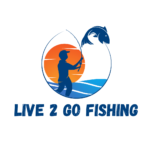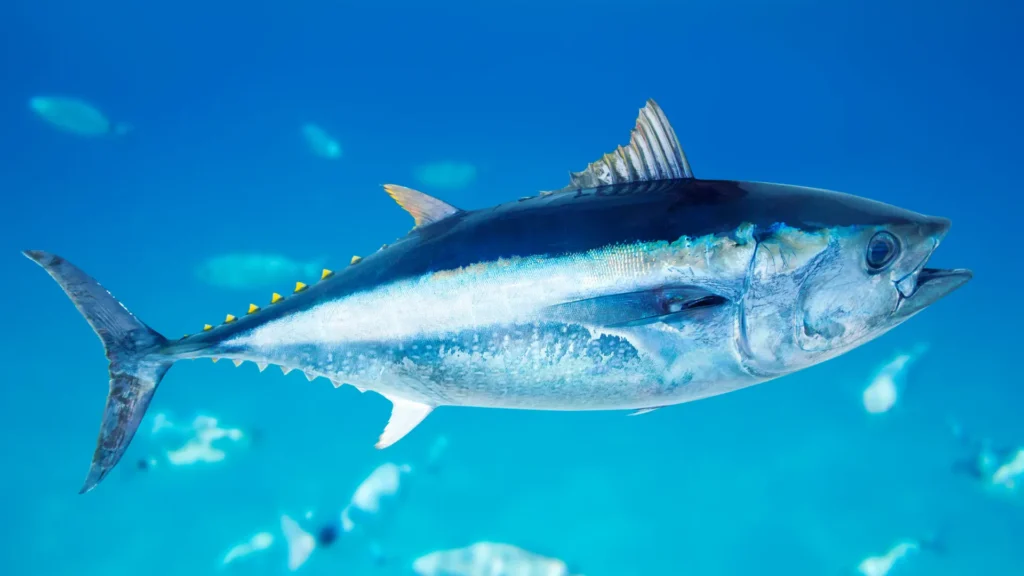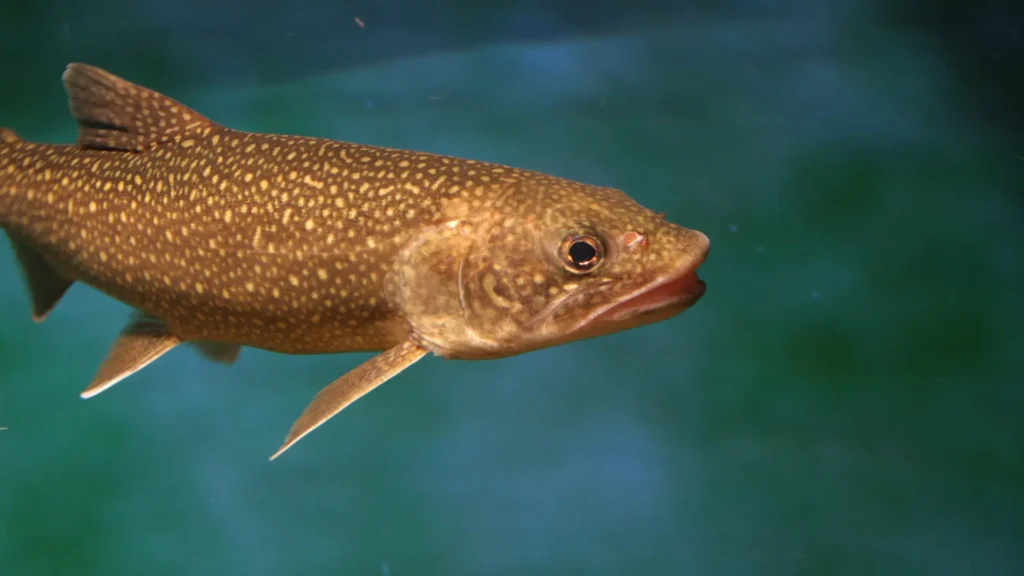Dive deep into the world of Crappie Fishing mastery as we guide you through the art of Fly Fishing. In this comprehensive journey, discover how to conquer the ultimate challenge for seasoned anglers. With a focus on Crappie Fishing, we’ll unravel the secrets and techniques to make you a seasoned pro. Join us on this exciting exploration of Fly Fishing for Crappie, where success is not just a goal but a thrilling adventure waiting to be unveiled.
Participating in local bass or crappie fishing tournaments, I may not have impressed, but I excelled in a few. As the tournament season kicks off, I receive calls seeking information and advice, driven by my early struggles in the fishing scene.
Fear gripped me at my debut tournament; all eyes seemed fixed on me during blast-off and weigh-in. Afraid to make mistakes, I became a stressed-out mess. In a prior article, I detailed my first tournament mishap – falling off the trailer during the boat launch, causing a complete underwater embarrassment. Nervous and unfamiliar, I grappled with the challenges common to those new to the crappie fishing circuit.
Entering the tournament scene can be intimidating; I’m not a huge fan. However, if you aim to elevate your crappie fishing and join local tournaments, here are tips for beginners. If, like me, pride hinders seeking advice, this article might help ease your entry into derbies this year.
Crappie fishing, a universally accessible hobby, welcomes everyone regardless of age, location, or background. As long as you’re open to traveling to water-rich areas, anyone can become an angler.
Yet, starting isn’t effortlessly simple. Purchasing a crappie fishing pole and sitting by the water may be easy, but success in catching fish, and enjoying the process, requires effort.
THE BIGGEST CHALLENGES TO OVERCOME AS A NEW ANGLER
Exploring the key hurdles for new anglers:
Securing the right boat is vital. While fishing without one is possible, having a boat enhances enjoyment and flexibility. It allows access to deeper waters, grants environmental control, and avoids crowded crappie fishing spots.
The challenge lies in choosing the right boat. If boat ownership seems daunting, remember that various boats suit fishing. Experiment with different types to discover the ideal vessel tailored to your preferences and requirements.
It’s crucial to obtain the right boat. Fishing sans a boat is feasible, but having one elevates pleasure and adaptability, offering access to deeper waters and control over the environment while avoiding crowded fishing spots.
The difficulty centers on selecting the appropriate boat. If owning a boat appears overwhelming, know that numerous boat types are suitable for fishing. Experiment with different models to pinpoint the perfect vessel that aligns with your preferences and needs.
Understanding local laws and regulations is crucial. Fishing legality varies, and specific restrictions may apply even in permitted areas. Local municipalities usually communicate these rules clearly, but newcomers need to make a dedicated effort to comprehend and strictly adhere to them. These regulations serve a purpose; they safeguard the environment and promote sustainability.
Acquiring the right equipment poses another challenge. Choosing a crappie fishing pole, lure, bait, crappie fishing line, and tackle can be overwhelming for beginners, especially with sporting goods store options. Starting with basic, versatile gear is acceptable. As preferences and interests develop, upgrades can be made later on.
Ensuring equipment remains in good condition is vital. Following guidelines like drying gear before storage is intuitive, but some aspects may be unclear. When uncertain, refer to the owner’s manual or equipment instructions. Seek guidance from experienced anglers for further assistance.
Understanding fish behavior is essential for fishing success. Knowing the lures, movements, weather conditions, preferred water depth, and seasonal patterns of specific fish is crucial. While thinking like a fish may sound amusing, there’s truth to its importance. Luckily, comprehensive information on fish behavior is readily available online, facilitating easy access to the necessary insights.
Over-reliance on a fish finder can be a pitfall. While these devices aid in locating fish and tracking metrics, they offer limited information. Excessive dependence may lead to disappointment.
Ignoring weather patterns and local conditions is a mistake. These factors significantly influence fish behavior. Checking the weather and planning accordingly not only improves results but ensures safety.
Exercising patience is essential in fishing. Many anglers, especially newcomers, underestimate the patience required. This is particularly true when skills are still developing.
Keep the objective in mind. It’s not solely about landing the largest or most fish. The essence lies in relaxation, enjoyment, and connecting with others or cherishing personal time.
WORKING THROUGH THE CHALLENGES OF CRAPPIE FISHING
Don’t feel intimidated by this article. If you genuinely love fishing, don’t be discouraged by the challenges ahead; instead, find inspiration in them. Fishing’s beauty lies in its increasing familiarity and ease with experience. Each outing builds expertise, knowledge, and skills for pursuing larger games and achieving more successful voyages. Eventually, you’ll be prepared to share your knowledge and experiences with others.
As a new angler, a crucial requirement is obtaining a fishing boat. Whether you’re prepared to make the move or simply exploring options, check out our range of new and used boats for sale today!
Excessive lure changes plagued my early tournaments, a habit observed in fellow anglers. Coined “tickle bunny,” it denotes overcomplicating lure selection. If your co-angler succeeds with a particular lure, the temptation to experiment with numerous options becomes strong.
Some co-anglers spend more time rigging than fishing, a pitfall I also encountered initially. Recently, someone questioned soft-plastic intricacies, overly analyzing their approach to the water.
In my view (though I might be mistaken), recognizing that you’re pursuing a creature with a small brain is crucial. Not downplaying the challenge, it’s vital to ground ourselves and simplify our approach. Bass, with basic concerns like spawning and eating, isn’t as complex as we sometimes make them out to be. While I admit to overcomplicating things occasionally, I make a conscious effort to remember—it’s just fishing.
Certainly, it’s not that straightforward; otherwise, we’d all be elite anglers like Kevin VanDam or Jordan Lee. Yet, observing full-time professionals and successful local friends has highlighted their uncomplicated strategies. They recognize their strengths and weaknesses, focusing extensively on techniques where they excel.
When tournament bites are scarce, the lure choice often becomes a scapegoat. Opting for watermelon red instead of green pumpkin or a threadfin-colored crankbait versus a gizzard-shad-colored one seems like a solution. However, in my experience fishing with adept tournament anglers, they don’t fully subscribe to such notions.
They don’t play tickle bunny
They trust their bait choices, and if bites are scarce, they relocate. Over the years, I’ve embraced this approach and can attest to its effectiveness. There’s no linear bait progression along the bank. It’s not a sequential “try option No. 1, then No. 2, and No. 3 as a backup plan.” Instead, focus on fishing in the current conditions. If it doesn’t feel right, move on.
My skills in drop shooting and using a Neko rig are subpar. When fishing my preferred choices like a jig or shallow-diving crankbait along a bank, it’s inefficient to revisit the area with techniques I lack confidence in. Based on advice from superior anglers, sticking to strengths instead of trying unproven methods saves time. Confidence, according to these top tournament anglers, emerges as a prevailing trait among successful anglers.
KEEP THAT TROLLING MOTOR IN THE WATER
While I recognize the importance of using the big motor and relocating in bass tournaments, I believe excessive movement occurs in the quest for fish. Valuable lessons from top tournament anglers stress the effectiveness of settling in an area and focusing on fishing rather than constant relocation.
While it may sound generic, it’s crucial to emphasize that confidence is paramount. Doubting decisions can negatively impact your fishing performance. If you believe you’re in a fish-rich area with a discernible pattern, commit to it for at least an hour or two to uncover insights.
A friend once emphasized, “Every second your trolling motor isn’t in the water is a second you’re not making a cast or catching a fish.
It resonated with me. When I began tournament fishing, my buddies teased me for darting around at 70 mph post-weigh-in. Arriving at a bank stretch, I’d fish briefly, then self-doubt kicked in. Consequently, I’d hastily retract the trolling motor and embark on an extensive search for a comfortable spot. This constant movement during tournaments could easily lead to feeling disoriented and completely abandoning the initial game plan.
Final advice: YOU’RE GOING TO LOSE MORE THAN YOU WIN
Unless you’re an exceptional angler, winning tournaments will be less frequent than losing. In my area, competing against 200-plus boats, many with skilled anglers, the odds are not in your favor. The notion of consistently outperforming them is unrealistic and adds unnecessary pressure. Competitiveness is valid, but, having experienced its negative impact, I emphasize the importance of accepting losses. Learn to be a gracious loser for enhanced enjoyment of tournament bass fishing. As my momma says, bad losers harbor “sour grapes.” Celebrate the winner and maintain a positive attitude. In this game, statistically, losses outnumber wins, making it irresistibly addictive.
Many local tournament anglers tend to burden themselves with unnecessary pressure. There’s a temptation to believe that a poor performance diminishes others’ perception of your fishing skills. From personal experience, a disastrous tournament can significantly impact your ego and confidence. In my perspective, the only crucial aspect is the winning weight; I don’t concern myself with others’ successes or failures. If you have a tough day, don’t become overly self-conscious; people likely didn’t notice. Tournaments are about winning or learning valuable lessons. Keep this in mind, and your confidence will soar.
As tournament season gains momentum in your region, revisit this article and glean lessons from my teenage years when I was a novice tournament angler. I lacked guidance back then, and I wish someone had shared their knowledge. The tournament community is generally supportive, so don’t hesitate to join a Saturday morning derby. Avoid excessive self-pressure, follow your approach, and be kind to yourself if you don’t have a successful day— it’s a common experience for everyone!


